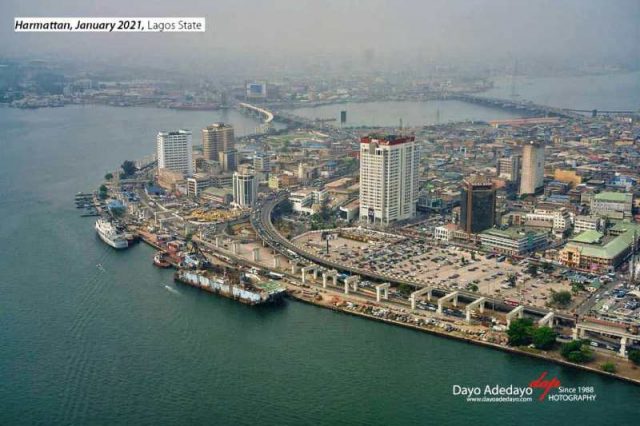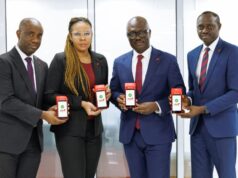By Azuka Christopher
TUE 05 APRIL, 2022-theGBJournal| The Nigerian economy made an inauspicious start to the year, as multiple shocks dampened investment performance and economic growth in the first quarter of the year.
The Centre for the Promotion of Private Enterprise (CPPE), a private sector advocacy and economic think tank, Monday submitted evidence of how the multiple shocks of foreign exchange crisis, escalating Energy Cost and worsening insecurity in the country continue to pose very serious challenge to lives and livelihoods.
According to the CPPE, the worsening foreign exchange crisis is reflected in the sharp and continuous depreciation of the Naira exchange rate. The parallel market rate had depreciated by over 15% in the past three months reaching a low of N590/dollar currently.
Meanwhile, the official exchange rate remains fixed at N416/dollar. This also signposts the widening gap between the parallel and the official market rate with its attendant distortions in the economy. The operating exchange rate for economic players remains the parallel market rate because the investor and exporters (I&E) window is not liquid.
The second dimension of the foreign exchange problem is the liquidity challenge in the Investors and Exporters window. The twin problem of the precipitous currency depreciation and the worsening liquidity crisis in the foreign exchange market constitute major headwinds to economic performance and investment growth. These forex challenges are fueling inflation, aggravating the cost of operations & costs of production, accelerating business mortality and eroding the confidence of investors.
Escalating Energy Cost.
This has both global and a domestic dimension. Diesel cost has spiked by about 200% in the last six months. The prices of aviation fuel [Jet A1] and natural gas have similarly skyrocketed. The crisis became exacerbated by the collapse of the national grid leading to a sharp drop in electricity supply from the grid and consequent load shedding. The situation became unbearable for both households and investors. There were series of blame games among players in the electricity supply chain – the DISCOs, the GENCOs, Transmission Company, the Gas suppliers and power ministry.
The consequences of these were the escalation of production and operating cost across all sectors. Cost of transportation, especially haulage cost similarly spiked because most haulage trucks are powered by diesel.
Many businesses were not able to pass on the increase in energy cost to their consumers. Many investors have scaled down their operations, while several others have suspended operations.
The third major headwind is the worsening insecurity in the country. The state of insecurity has reached a frightening level deserving of a state of emergency declaration. The omens are very bad. The bandits and terrorists are becoming more daring, bolder and audacious. They operate with a baffling impunity. This trajectory portends serious adverse implications for economic growth prospects and investment outcomes. We cannot retain, scale or attract investment in an environment that is not secure. This is true of domestic and foreign investments.
The situation continues to pose very serious challenge to lives and livelihoods. Investors’ confidence has been greatly undermined with investments across all sectors being adversely affected. When investment is in jeopardy, livelihoods are negatively impacted. Worsening insecurity is adversely impacting lives and undermining livelihoods. This is taking a huge toll on both the social and economic life of the nation.
‘’Major macroeconomic indicators suggest that the Nigerian economy is floundering and is being further weakened by these headwinds. A stumbling economy cannot afford these multiple shocks. The government therefore needs to take urgent steps to pull the economy from the brink,’’ says CPPE.
Twitter-@theGBJournal|Facebook-The Government and Business Journal|email: gbj@govbusinessjournal.ng|govandbusinessj@gmail.com










